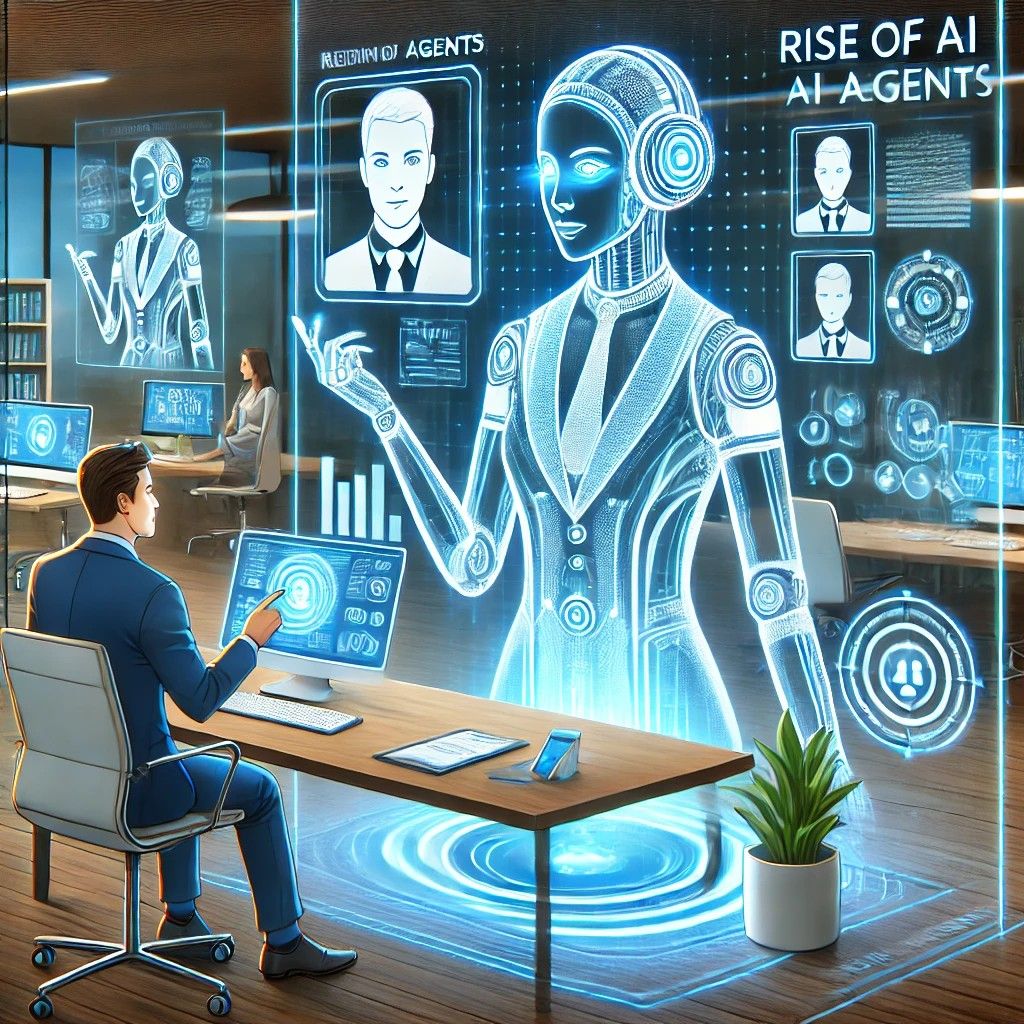The Rise of AI Agents

The unveiling of new Devin version with a pricy tag of 500 dollars sent shockwaves across the technology industry. Developed as a fully autonomous AI agent capable of planning, coding, debugging, and deploying software solutions, Devin represents a quantum leap in artificial intelligence capabilities - or at least according to some. For years, AI tools like GitHub Copilot and ChatGPT have offered support to human developers, but Devin takes a giant stride further—operating independently on end-to-end software projects. It not only solves coding challenges but seamlessly integrates into workflows, manages task backlogs, and adapts dynamically to evolving project demands. All done via Slack-chat, which is ideal for busy managers.
The introduction of AI agents like Devin is forcing a recalibration of the IT job market. Traditional roles, such as software developers, testers, and IT support engineers, are undergoing rapid transformation. Companies are shifting focus from sheer coding proficiency to skills like prompt engineering, AI oversight, and human-machine collaboration. Hiring managers are increasingly searching for candidates who can supervise AI agents, audit their outputs, and integrate AI tools into their workflows effectively.
For instance, where companies previously sought junior software engineers for repetitive coding tasks, AI agents now automate much of this work. Instead, roles have emerged for AI integration specialists who design workflows that combine human creativity with AI automation. Similarly, project managers and team leads are expected to leverage AI tools like Devin to monitor productivity, allocate tasks, and streamline operations.
This shift has also triggered the rise of a new competency: the ability to leverage AI-driven digital twins. Digital twins—virtual models of real-world systems—are becoming invaluable in recruitment. Companies are developing AI-based digital representations of their IT teams to simulate workloads, identify skill gaps, and predict performance outcomes under various project conditions. By analyzing the output of digital twins, businesses can pinpoint what types of talent they need and how AI agents like Devin can optimize their processes.
The Digital Twin Workforce: Scaling IT Teams
Digital twins have emerged as a practical innovation in workforce planning. Using machine learning models, companies can create AI-driven clones of their IT workforce to predict how AI agents like Devin impact team performance – or in other words, they found a way to replace a worker without hiring a new one.
The rise of AI agents and digital twins is fundamentally reshaping IT recruitment. Skills like adaptability, critical thinking, and AI supervision are overtaking traditional hard coding abilities. Companies embracing this shift will not only optimize costs and boost productivity but also attract forward-thinking, AI-ready talent who understand how to wield technologies like Devin.
Author: Oldřich Příklenk
picture: https://chatgpt.com

Prague office3rd floor, Drtinova 467/2a,
Prague 5, 150 00,
Czech Republic
